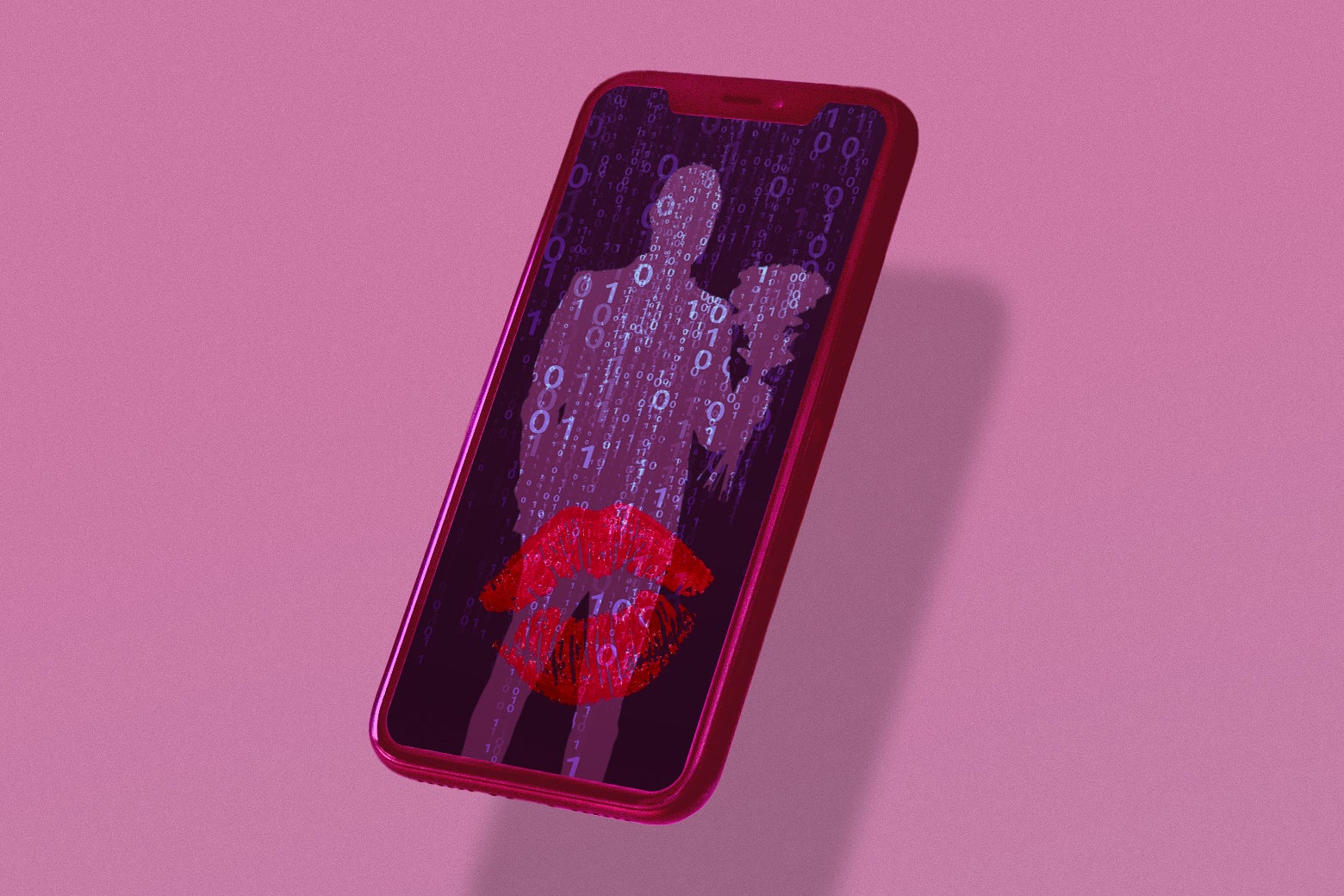Tinder Launches Double Date Feature to Enhance User Engagement
In a significant move aimed at rejuvenating its user base, Tinder announced on Tuesday the launch of a groundbreaking feature called Double Date. This innovative addition is designed to cater to younger audiences who are increasingly seeking social connection amidst reports of declining user engagement on the platform.
The Double Date feature allows users to team up with friends and engage in conversations with potential matches collectively. This means that users can pair up with a friend and browse through profiles of other paired users who share at least one of their preferences, such as gender and sexual orientation. When one person in the pair receives a match, a group chat starts that includes all four participants. Additionally, users have the flexibility to like an individual profile within the match, which allows for one-on-one conversations if someone prefers a more private interaction. Up to three friends can be invited to join in this new dynamic dating experience.
The rationale behind this initiative is to alleviate the pressure and anxiety often associated with solo dating, thereby fostering a more relaxed environment for all parties involved. Cleo Long, Tinder's head of product marketing, explained in an interview with TechCrunch, “In early testing, users consistently told us they felt more comfortable being their authentic selves when connecting as a pair with a friend, which often led to stronger engagement.” The group chat format is particularly effective for breaking the ice, facilitating plans for casual meetups, and even nurturing the development of friendships or romantic connections.
This launch comes on the heels of a report from Tinder’s parent company, Match Group, which revealed a concerning 5% decline in paying subscribers. The number of subscribers fell to 14.2 million in the first quarter across its various dating apps. By introducing the Double Date feature, Tinder is clearly aiming not only to retain existing users but also to attract new ones. Notably, early testing indicated promising results, with nearly 12% of users accepting a Double Date invite being either new or returning users.
Further encouraging data revealed that individual users participating in Double Date chats sent 25% more messages than in traditional one-on-one conversations. In fact, the volume of messages exchanged within these group chats was found to be 35% higher, particularly among users aged under 29, highlighting a growing trend among younger demographics towards more interactive and communal dating experiences.
The Double Date feature was initially trialed in select markets, including various regions in Latin America, Spain, and the Nordic countries. Following positive feedback, a global rollout is anticipated for July. This shift towards group-oriented dating experiences has been echoed in the success of similar apps like Fourplay, DuoDate, and Doubble, which cater to a similar niche. A report from the UK-based dating app Slide 1828 even indicated that 48% of Gen Z respondents believe that double dates can significantly reduce dating anxiety.
In addition to Double Date, Long also highlighted other features like Matchmaker and Share My Date, which further facilitate a team-oriented approach to dating. “These features help turn dating into more of a team sport,” she noted, emphasizing a recent Tinder report that found nearly half of singles actively seek support from friends while navigating the dating landscape. This feature also seems to build upon past concepts like the earlier Tinder Social, but with a more serious focus on creating a comfortable dating atmosphere rather than a party-like environment.




























